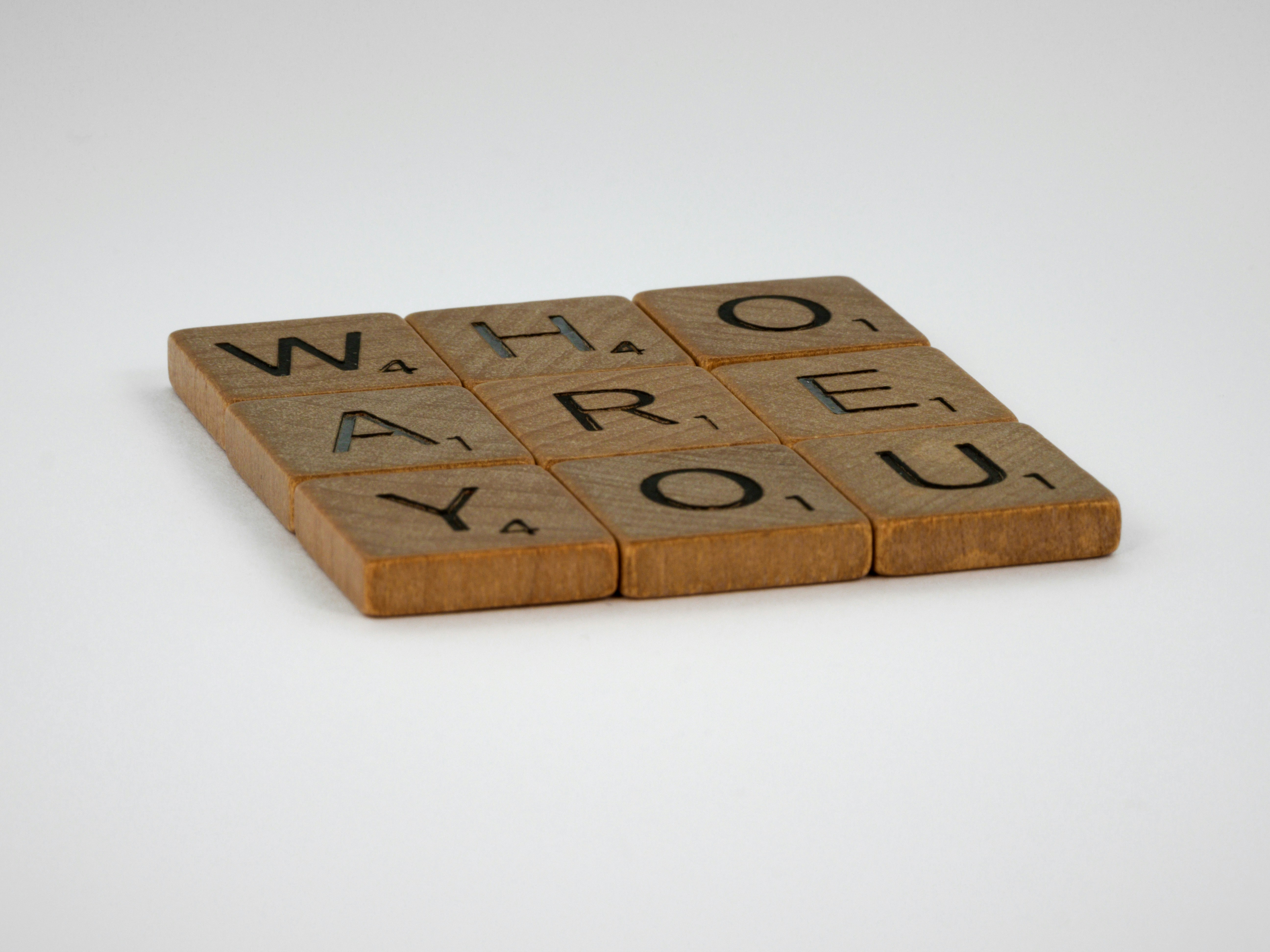Reclaiming Identity Beyond the Diagnosis

When I was first diagnosed with bipolar disorder it felt like the only thing people saw in me anymore. Suddenly I wasn’t just me, I was a label a condition a walking question mark. It’s strange how quickly a diagnosis can become someone’s entire understanding of who you are as if everything else about you disappears behind that word.
For a while I believed them. I let the diagnosis become my whole identity. I stopped trusting my instincts my memories my strengths. Every emotion or decision felt suspect. I’d catch myself thinking “Is this really me or is it the disorder” before I even let myself feel or act.
When your diagnosis feels like it swallowed your whole story
I remember sitting in a coffee shop with a friend a few weeks after my diagnosis was delivered. We joked about old movies and childhood mischief until she paused and asked “But how are you really doing” in that tone that meant she expected the worst. I froze. In that moment it hit me that she saw only the label and presumed I was falling apart. I tried to laugh it off but inside I crumbled.
It wasn’t just friends. Even strangers at work or family members seemed to rethink every interaction through a filter of bipolar. “You seem a bit sensitive” someone would say when I offered feedback. “Are you sure you are up to this” another would ask before a big assignment. Their words stung because they felt like judgments not observations and they were rooted in the assumption that I was fragile volatile or unreliable.
Rediscovering the parts of myself that never went away
Reclaiming my identity meant rediscovering the pieces of me I had buried the creative spark that made me write poetry in notebooks the love of old black and white films that made me laugh and cry all at once the way I used to dive into conversations about philosophy or art. I started small. I dusted off my sketchbook and drew cartoons of my cat. I watched my favorite childhood movies and let myself cry at scenes I used to find funny. I wrote in a journal for the simple joy of putting pen to paper rather than tracking moods.
Bit by bit I noticed what lights me up outside of symptoms. I felt the thrill of finishing a drawing instead of the relief of following a routine. I savored the warmth of sunshine on my face rather than worrying how I’d sleep that night. Those moments reminded me that my personality my passions my humor still existed alongside bipolar disorder, they weren’t erased by it.
Challenging the assumptions that tried to keep me small
As I reclaimed my sense of self I also learned to challenge the assumptions people made about me. When someone said “You’re so sensitive” I practiced responding “Yes and that sensitivity helps me connect deeply with others.” When a coworker told me I was “overreacting” I learned to say “No I’m reacting to something that matters to me.” Each time I stood up for my perspective I felt a spark of confidence.
I also set boundaries about how and when I would talk about my diagnosis. Early on I felt pressure to educate every person who noticed a change in my mood or energy. I explained myself endlessly but that only reinforced the idea that I was defined by bipolar. Over time I stopped volunteering information on date one. I decided I would share when I felt safe and ready not because I owed anyone an explanation but because I wanted to be honest on my own terms.
Therapy and community reminded me I’m not broken or alone
Therapy was life changing. In session I could unpack the stories I had internalized the fear that I was a ticking time bomb the shame that my emotions were inconvenient. My therapist helped me see that these thoughts were symptoms of stigma not truths about my character. Journaling helped too. I wrote letters to myself as if I were my own best friend offering reassurance and compassion.
But the most powerful shift happened when I connected with a support group of people who live with bipolar disorder. Hearing stories that mirrored mine reminded me I was not alone and that I was not broken beyond repair. I learned that identity reclamation is not a solo climb, it’s built together by sharing struggles celebrations and small daily victories.
Embracing complexity while standing strong in your own skin
Reclaiming my identity taught me that I am more than a diagnosis. Bipolar disorder is part of my story but it is not the whole book. It colors my experiences yes but it does not define the plot. I exist alongside bipolar not underneath it.
I still have hard days. Days when my mood swings make me question my worth. Days when a stranger’s comment triggers old shame. But now I have a toolbox of practices that remind me who I am:
- Creative rituals like sketching or dancing to music I love
- Honest check ins with a friend who knows me beyond my diagnosis
- Boundary setting around when and how I share my story
- Self compassion through journaling kind notes to myself
Every time I choose these habits I affirm that my essence matters more than any symptom.
If you are in that place where you feel swallowed by your diagnosis please hear this clearly: You are not your condition. You are not your worst day. You are not what other people fear or misunderstand. You are you whole complex worthy.
Reclaiming your identity is not about denying your diagnosis, it’s about reminding yourself that you exist alongside it. Your humor your values your weird little quirks they still matter. They still shine.
You are allowed to be more. You always have been.


